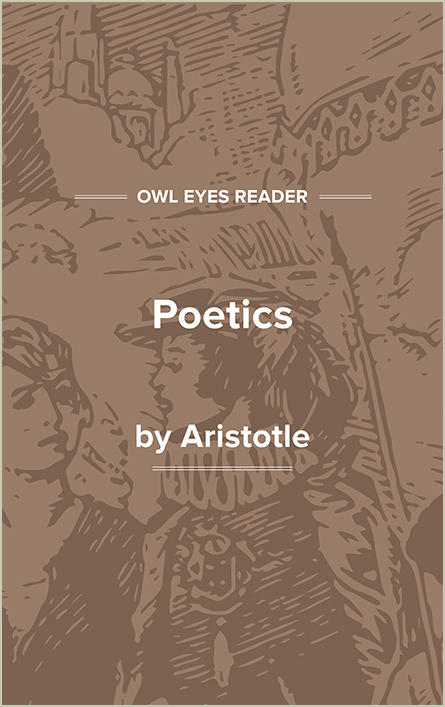Study Guide
Aristotle Biography
Article abstract: Building on Plato’s dialogical approach, Aristotle developed what is known as the scientific method. In addition, he founded the Lyceum, which housed the first research library.
Early Life
Aristotle (ar-uhs-TAHT-uhl) was born in the town of Stagirus, located on the northeast coast of the Chalcidice Peninsula in Greece, most likely in 384 b.c.e. His father, Nicomachus, was a physician and a member of the clan, or guild, of the Asclepiadae, as had been his ancestors. The family probably had migrated from Messenia in the eighth or seventh century b.c.e. Aristotle’s mother was from Chalcis, the place where he sought refuge during the last year of his life. Both his parents died while Aristotle was very young.
Aristotle was adopted and raised by Proxenus, court physician to Amyntas II of Macedonia (an occasional source suggests that Nicomachus also held this position, but others disagree). It is likely, therefore, that young Aristotle lived part of his youth at Pella, the royal seat. He may even have learned and practiced surgery during this time.
Aristotle’s early environmental influences helped determine his outlook: his detached, objective way of looking at a subject, his interest in biological science, and his universality. In his early life, Aristotle was surrounded by physicians and princes, not philosophers. When he was eighteen, he was sent to Athens for training in the best school available, Plato’s Academy, where he would spend the next twenty years. Thus ended the first of the four phases of Aristotle’s life.
Life’s Work
Aristotle’s career divides itself naturally into three periods: the twenty (some say nineteen) years at Plato’s Academy, from 368 to 348; the thirteen years of travel, from 348 to 335; and the return to Athens, or the years in the Lyceum, from 335 to 323.
When young Aristotle arrived at the Academy, Plato was away on a second journey to Syracuse. When the master returned the following year, however, Aristotle became his prize student and ardent friend. Although most of Aristotle’s earlier works have been preserved only in fragments, usually in quotations within works by later scholars of the Peripatetic School, several are attributed to this period and the one that followed.
As Plato’s method was dialogue, Aristotle, like other students at the Academy, began writing in dialogue. Aristotle was influenced by Plato about the time the master altered his own form, moving toward dialogues other than those with Socrates as questioner and main speaker. Aristotle, in turn, made himself the main speaker in his own dialogues.
Some scholars consider De anima the best of Aristotle’s works from this period. Translated as On the Soul, this work treats the soul and immortality, and it is imitative of Plato’s Phaedōn, which was written c. 388-366 b.c.e. (Critic Werner Jaeger believes that each of Aristotle’s early dialogues was influenced by a particular Platonic dialogue, that the student was still dependent on the master as far as metaphysics was concerned but independent in the areas of methodology and logic.) Aristotle’s Protrepticus (Protreptics) is named for a term designating a letter written in defense of philosophy; the method employed in this work (questions and answers by teacher and student) is from Plato, but the protreptic form is borrowed from the philosopher Isocrates, who was also at Athens during this time. In the year 348 (or 347), two events influenced Aristotle’s future: the death of Plato (and possibly the choice of a new leader of the Academy), which caused Aristotle to leave Athens, and Philip II’s destruction of Stagirus, which caused the philosopher to look elsewhere for a new home.
With a fellow Academic, Xenocrates, Aristotle left Athens for Mysia (modern Turkey), accepting the invitation of Hermeias, a former fellow student at the Academy who had risen from slavery to become ruler of Atarneus and Assos. Aristotle presided over his host’s small...
(The entire page is 1,791 words.)
Owl Eyes subscribers get unlimited access to our expert annotations, analyses, and study guides on your favorite texts. Master the classics for less than $5/month!

